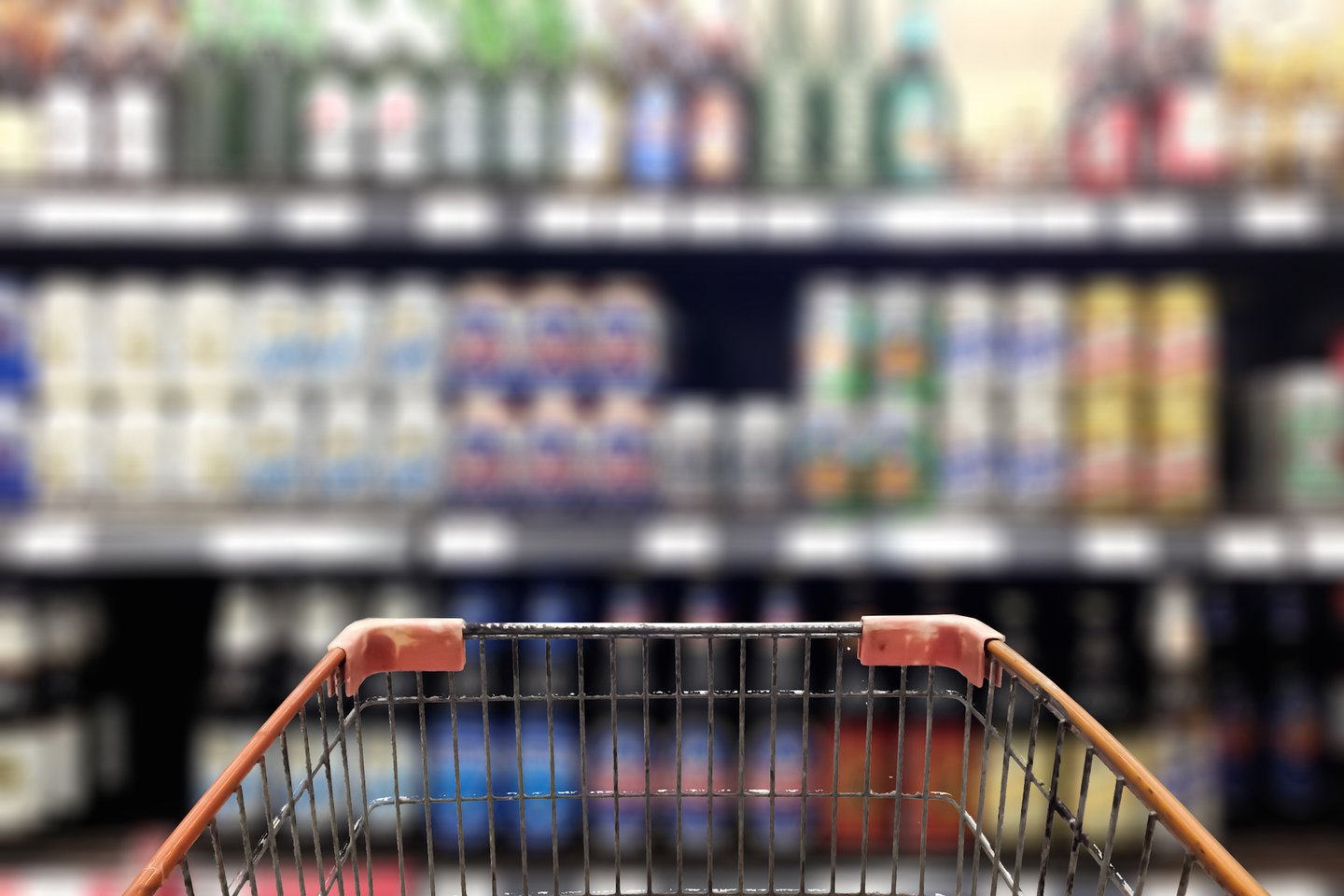Ontario speeds up alcohol expansion; will pay Beer Store up to $225M
Ontario is speeding up its expansion of alcohol sales in the province, and the move comes with up to $225 million in public money for The Beer Store.
Premier Doug Ford announced late last year that sales of beer, wine, cider and ready-to-drink cocktails would be allowed in convenience stores and all grocery stores by 2026.
He announced Friday that the phased expansion will now start on Aug. 1 of this year, with licensed grocery stores that currently sell beer, cider and wine able to sell ready-to-drink cocktails and sell large-pack sizes like 30 packs.
After Sept. 5, eligible convenience stores will be able to sell beer, cider, wine and ready-to-drink cocktails, and after Oct. 31, all grocery stores and big box stores could sell those products, including large-pack sizes. Over time, the changes will add up to 8,500 new places where people in Ontario could buy alcohol, the government said.
"People are excited they're going to enjoy the same choice and convenience as other Canadians and other people right across the world to buy a case of beer or a bottle of wine on the way up to the cottage," Ford said at an announcement Friday.
"Or maybe you're going to start up the grill in the backyard or (have a) summer barbecue. They're excited to hear that they're finally being treated as adults."
An agreement the former Liberal government signed with The Beer Store in 2015, which gave the company exclusive rights to sell 12- and 24-packs of beer as the province expanded sales of beer and wine to grocery stores, was set to expire at the end of 2025.
As part of this new, earlier rollout of Ford's plan to expand alcohol sales, an "early implementation agreement" signed with The Beer Store involves the province paying the company up to $225 million to support the transition, including to help it keep stores open and workers employed.
Ford disputed a characterization that the money is going to the companies that jointly own The Beer Store, though the agreement specifies "the province shall reimburse TBS" for added costs up to that amount.
"We aren't giving them to the Molsons of the world and the Labatts, that they put the money in their pocket and say, 'See you later,'" Ford said.
"So that's not accurate. What we're doing, we're supporting the front-line workers at The Beer Store ... We're going to be audited every step of the way, to make sure that it's being distributed in the right fashion."
Finance Minister Peter Bethlenfalvy said the money will "help maintain perhaps unprofitable Beer Stores."
"This is going as part of the agreement to unwind that 10-year monopoly that the previous government, the Liberal government signed," he said.
"This is always about having as much of an orderly transition as possible, minimizing disruption and giving a chance to adjust to the new world."
Multiple former Ford government staffers are now lobbying for brewers, grocery stores and convenience stores. Liberal Leader Bonnie Crombie said the announcement is evidence of the premier giving preference to insiders.
"Grocery store billionaires and multinational corporations are the only winners in this latest back room deal," she wrote in a statement.
"When will Doug stop spending taxpayer dollars on his corporate friends, and start making life more affordable for Ontarians?”
Ford denied that any lobbying was a factor in his decision to speed up the alcohol expansion.
"I don't care who's trying to lobby," he said. "It's been going on for decades. They can't lobby me. I don't give two hoots about them."
The Beer Store is set to retain a primary role in beer distribution and run its recycling program until at least 2031.
The Liquor Control Board of Ontario will still be the only place to buy high-alcohol spirits, and it will remain a wholesaler. Retailers will get an interim wholesale discount of 10 per cent from the LCBO basic retail price until 2026.
The Alcohol and Gaming Commission of Ontario will be responsible for licensing retailers, and the government says the expansion will come with stronger penalties for infractions. Retailers whose licences are revoked won't be able to reapply for two years.
The government is putting an additional $10 million over five years to support social responsibility, but a coalition of public health and advocacy organizations have called on the province to develop a comprehensive alcohol strategy for reducing harms.
The coalition, which includes the Canadian Mental Health Association and the Canadian Cancer Society, says alcohol-related harms cost Ontario more than $7 billion annually, and the last time access to alcohol was expanded in the province, the number of emergency department visits related to alcohol grew.



